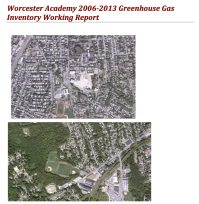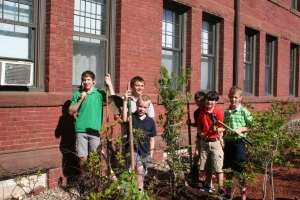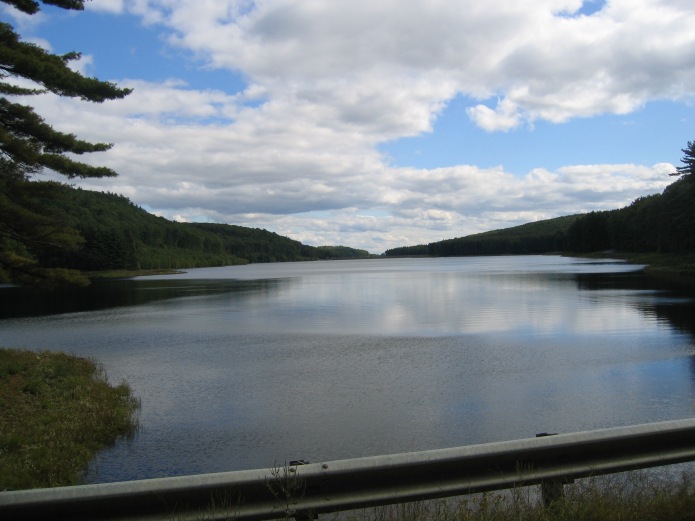 Last week SAGE dining services director Ed Comer donated leftover food from the WA dining hall to Rachel’s Table a volunteer-based organization that picks up unsold and unserved food from institutions ranging from schools to restaurants for delivery to 35 different soup kitchens, shelters, and neighborhood pantries in Worcester area.
Last week SAGE dining services director Ed Comer donated leftover food from the WA dining hall to Rachel’s Table a volunteer-based organization that picks up unsold and unserved food from institutions ranging from schools to restaurants for delivery to 35 different soup kitchens, shelters, and neighborhood pantries in Worcester area.
Nearly 100,000 people living in Worcester County experience food insecurity throughout the year. The United Nations World Food Summit (1996) defined food security as existing ““when all people at all times have access to sufficient, safe, nutritious food to maintain a healthy and active life”. Here in Worcester Continue reading












